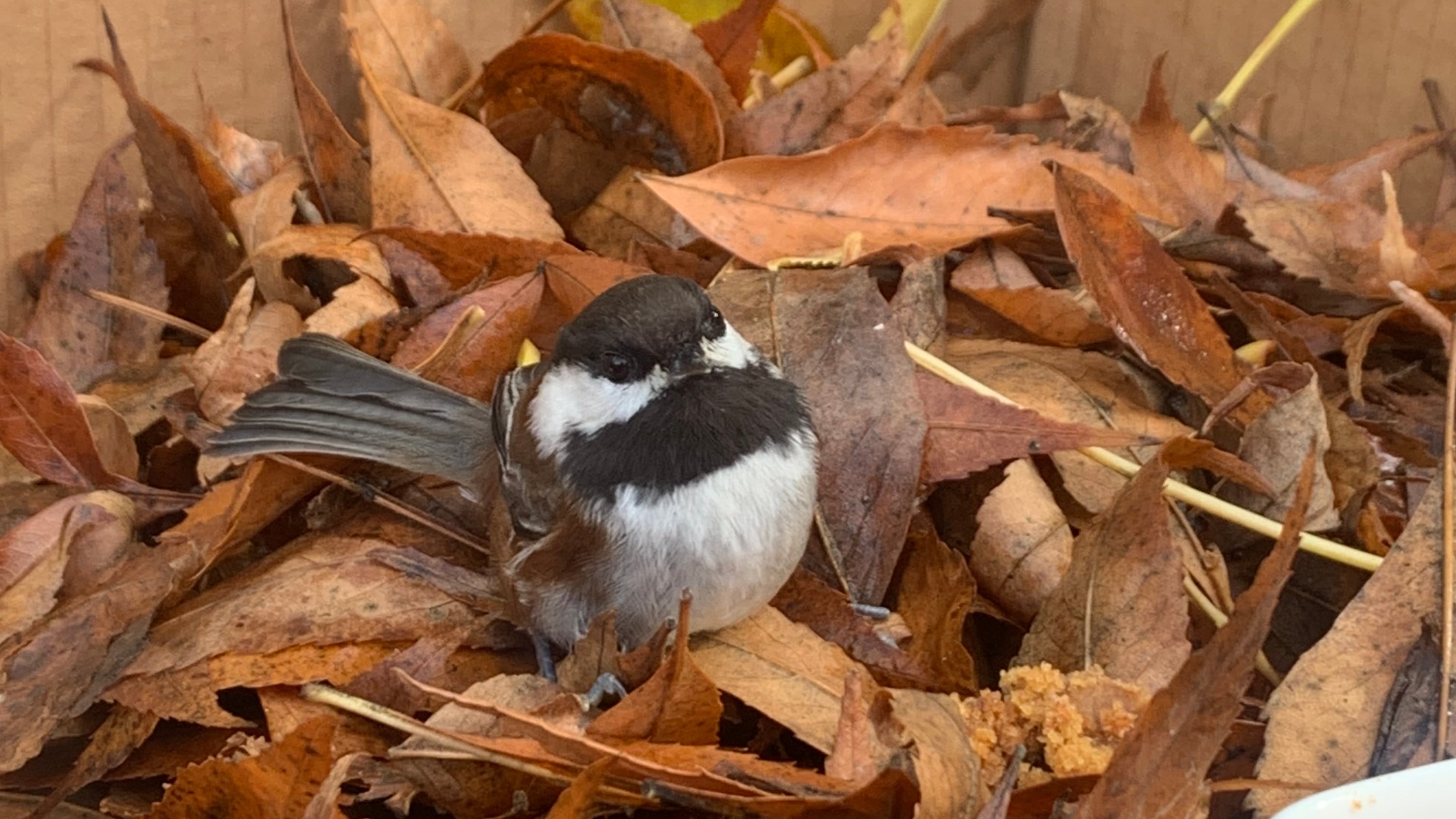A feisty meeting of the Portland City Council today offers an unlikely test case that may say more about the upcoming mayoral race than it does about the issue at hand: confused birds and plants on roofs.
Next week, the City Council will take a vote on whether to uphold requirements that developers take two measures when erecting new buildings: “bird-glaze” windows above a certain height to prevent birds from slamming into them, and build greenery on top of buildings (or, alternatively, install solar panels on the roof).
City Commissioner Carmen Rubio, who oversees the Bureau of Development Services and the Bureau of Planning and Sustainability, has for months sought to bring a package to the Portland City Council that would tweak building regulations and requirements that slow new development. Within Rubio’s final package of recommendations sent to the city’s Planning Commission this fall, city staff recommended that the City Council strike two particular requirements from the city’s checklist for five years: bird-glazing windows and creating “eco-roofs” by putting vegetation on top of new buildings to lessen the damage caused by stormwater runoff.
The Planning Commission took issue with eliminating the two requirements, which environmentalists see as important safeguards to uphold Portland’s reputation as an environmentally conscious city. The Planning Commission approved Rubio’s regulatory package in November but added back the bird-glazing and eco-roof regulations. (The eco-roof requirement, the Planning Commission said, could be scrapped if a developer instead wanted to install solar panels.)
The Planning Commission is the last stop for the regulatory package after a lengthy public process before it goes to the City Council for final approval. Any amendments were to be presented at Wednesday’s council meeting. The council is set to vote on the entire regulatory package at the end of the month.
But on Tuesday, a day before the the City Council’s final vote on the package, City Commissioner Rene Gonzalez submitted twin amendments to once again remove requirements for eco-roofs and bird-glazing glass.
Gonzalez appears to have picked up the baton for some of the most powerful business groups in the city, eight of which wrote to Mayor Ted Wheeler and city commissioners Jan. 9, urging them to scrap the bird-glazing and eco-roof requirements. The groups, among them the Portland Metro Chamber, MultiFamily NW, Oregon Smart Growth and the Portland Metropolitan Association of Realtors, argued the cost burden of these two requirements deters developers from building in Portland.
“The requirement for bird-safe glazing in particular is one that puts Portland at a competitive disadvantage when seeking to attract capital; simply put, investors will look to markets with fewer novel and costly regulations,” the groups wrote in the Jan. 9 letter.
Impassioned testimony from members of the public advocating for and against the amendments took over two hours this afternoon.
The City Council originally planned to vote on Gonzalez’s amendments today but agreed to vote on the amendments next week. Commissioner Mingus Mapps said he wanted more time to review the amendments. Wheeler, too, expressed concern about the last-minute nature of the amendments during the feisty meeting.
“While I am sympathetic to some of the ideas that are being put on the table, Commissioner Gonzalez, the hair on the back of my head is twitching furiously at the lack of public process,” Wheeler said. “Why are we doing this right this second? Why not bring it back to council when we’ve all been thoroughly briefed?”
Mapps added later: “I literally received these amendments during this morning’s session.... It’s still hard for me to sort out.”
In an email Rubio sent Jan. 8 to Gonzalez, she pressed him to share his amendments as soon as possible: “I would really appreciate you or your staff sharing any plans for amendments to the [package]. My staff has heard that some are in the works, but we don’t yet have any real information.” A senior policy adviser to Gonzalez soon after sent Rubio’s office the amendments he would submit the next day.
Gonzalez is running for mayor, as are Rubio and Mapps. These two regulations—and how the three City Council members running for mayor will vote on them—are perhaps a taste of what’s to come in the mayoral race.
Rubio hails from the nonprofit world and, during her 2020 run for City Council, received strong support from environmental groups. But she also needs to prove to voters and the business community that she’s keen on spurring housing production in the city—especially as she leads the city’s housing and development bureaus—even if that means striking regulations aimed at decreasing the environmental impact of construction. Pleasing one constituency could put her at odds with another.
Gonzalez has no such problem. Since his election to the City Council in 2022, he’s been a darling of the business lobby. He’s advocated for a more aggressive approach to policing homelessness downtown and now can add environmentalists to the list of nonprofits he’s goaded.
Mapps, who’s positioned himself as business-friendly member of the council but now finds himself in charge of the Bureau of Environmental Services, whose mission is to safeguard the city’s environmental protections, tells WW he is “eager to hear public testimony on this issue” but did not say how he intended to vote next week.
Rubio’s staff tells WW she plans to vote against Gonzalez’s amendments.

